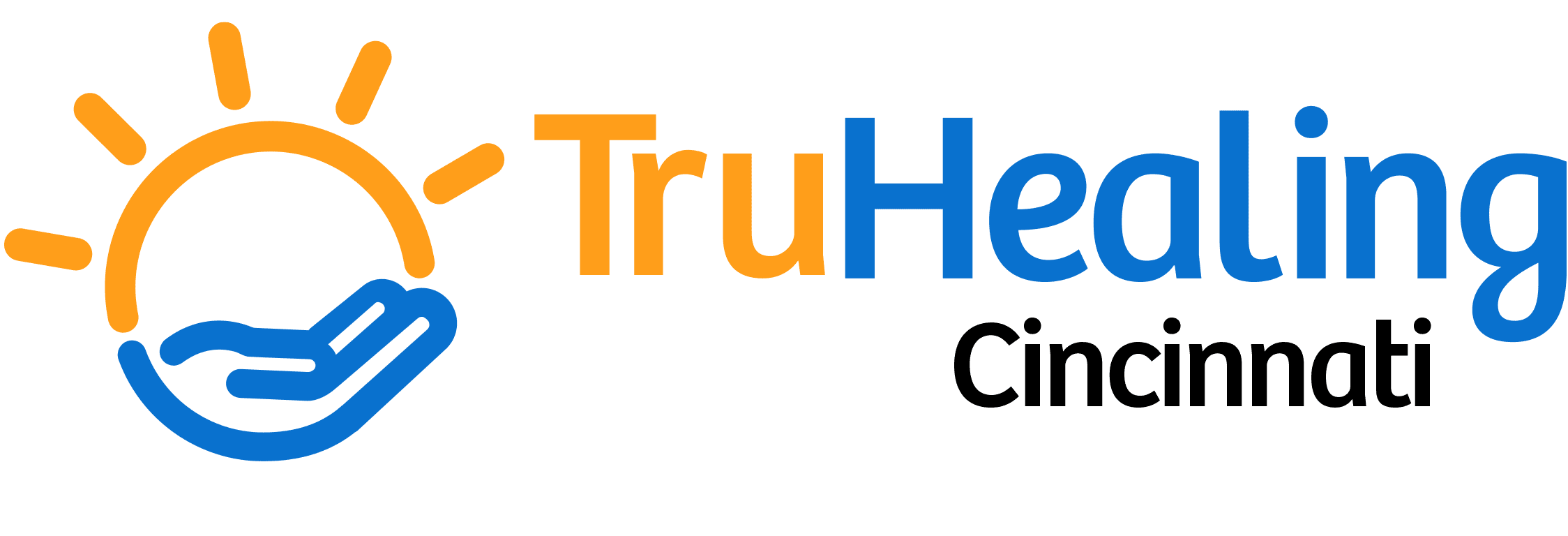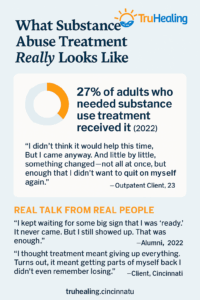There’s a specific kind of numbness that hits after you’ve tried to get clean and it didn’t stick. Not just disappointment—but a quiet, hollow disbelief. “I already tried. It didn’t work.”
If that’s where your head is at, you’re not alone—and you’re not wrong for feeling that way.
But here’s what I’ve learned from my own attempts, and from people I’ve met who’ve been through it too: treatment isn’t one-size-fits-all. And it’s not just about trying “harder.” Sometimes, what doesn’t work once just wasn’t the right version of help yet.
Let’s break down what substance abuse treatment actually looks like—and what it definitely doesn’t.
It’s Not a Quick Fix (and It Shouldn’t Be)
Let’s get this out of the way: there’s no “30-day cure.” Healing doesn’t come on a timer. If someone told you that one round of rehab would fix everything, they were either misinformed—or marketing.
Substance abuse treatment is a process, not a product. It’s about figuring out the patterns that pull you back in, building new ways to cope, and learning to sit with things you’ve spent years trying to escape.
For some people, it starts with detox. For others, it’s outpatient care that fits around their life. At TruHealing Cincinnati, the goal is to build a plan that meets you where you are—not force you into a rigid mold.
Because when treatment tries to rush the process, it often fails. Not because you failed. But because healing takes time, and time looks different for everyone.
It’s Not About “Fixing” You—Because You’re Not Broken
One of the biggest lies we absorb in addiction is that we’re broken.
But real treatment doesn’t treat you like a project to fix. It treats you like a person worth knowing.
Yes, there may be trauma to work through. Yes, there may be guilt or grief or years of pain. But none of that means you are the problem.
Treatment done right is about unlearning the shame—not piling on more of it. It helps you understand your patterns, your triggers, and your strengths. It gives you tools that are about self-respect, not self-blame.
It Can Look Way Different Than What You’ve Seen on TV
A lot of people imagine treatment as a locked-down place with group circles, beige walls, and someone yelling “Share your feelings!”
Sometimes, that image alone is enough to make people walk away.
But treatment has evolved. In Cincinnati, substance abuse treatment can include:
- Outpatient programs where you return home each night
- One-on-one therapy that moves at your pace, not someone else’s
- Medication-assisted treatment (MAT) for support with cravings
- Support for co-occurring mental health issues like anxiety, depression, or PTSD
The truth? Treatment can be flexible. It can be private. It can fit around your job, your family, and your needs. You don’t have to give up your whole life to start saving it.
It’s Okay If You’re Skeptical or Burned Out
I’ve met a lot of people who’ve walked into treatment with zero faith left. Some had been through programs that promised too much and delivered too little. Some had been judged, dismissed, or made to feel like they just “weren’t trying hard enough.”
If that’s you—I see you.
You don’t have to believe treatment will work in order to start. You just have to believe you’re worth one more try.
Programs like the ones at TruHealing Cincinnati are designed with that burnout in mind. They don’t push you into forced positivity. They give you room to be angry, tired, numb, or unsure. And they help you work from there, not from some fake version of “ready.”
“I didn’t think it would help this time. But I came anyway. And little by little, something changed—not all at once, but enough that I didn’t want to quit on myself again.”
– Outpatient Client, 2023
It’s a Step Forward, Not a Reset Button
Going back to treatment—especially after you’ve tried before—can feel like admitting failure.
But it’s not starting over. It’s starting smarter.
Every time you walk back in, you bring more truth. You know more about what didn’t help. You know what pissed you off, what made you shut down, what made you feel seen—or invisible.
That knowledge is power. And this time, it can shape a treatment plan that actually works for you.
At TruHealing Cincinnati, you don’t have to hide that you’ve been here before. In fact, that experience might be the most valuable thing you bring.
❓ FAQ About Substance Abuse Treatment
What if I’ve tried treatment before and it didn’t help?
You’re not alone—and that doesn’t mean you failed. Sometimes, the program isn’t the right fit. At TruHealing, we focus on individualized care that adapts to your needs, especially if past approaches didn’t work.
Do I have to go inpatient to get treatment?
Not always. We offer outpatient programs in Cincinnati that allow you to keep living at home while getting the help you need. There are multiple levels of care, and we’ll work with you to figure out what’s right.
What if I don’t feel “ready”?
Feeling unsure is completely normal. You don’t have to feel ready to start—you just have to show up. We’ll meet you where you are and help you build from there.
Will I be judged for using again?
No. We understand that relapse can be part of recovery. Our job isn’t to shame you—it’s to support you. You’re allowed to come back. The door is still open.
How do I get started?
You can call us at (513) 643-9117 for a low-pressure, honest conversation. Or check out our Cincinnati substance abuse treatment page to learn more.
💬 Real Talk from Real People
“I kept waiting for some big sign that I was ‘ready.’ It never came. But I still showed up. That was enough.”
– Alumni, 2022
“I thought treatment meant giving up everything. Turns out, it meant getting parts of myself back I didn’t even remember losing.”
– Client, Cincinnati
Ready to Talk?
📞 If you’re even thinking about trying again, that’s worth paying attention to.
Call TruHealing Cincinnati at (513) 643-9117.
No lectures. No pressure. Just a real person who’s here to listen.
Or learn more about substance abuse treatment in Cincinnati.


